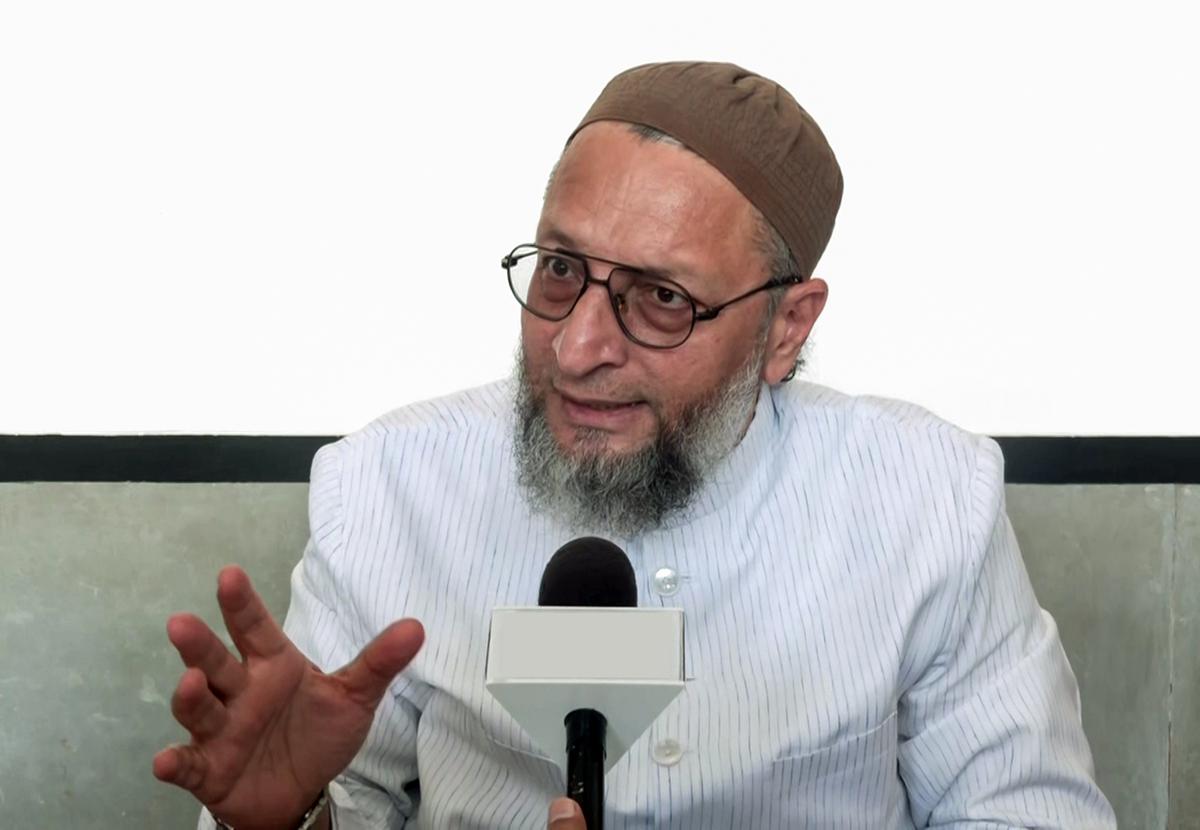Supreme Court Says Indefinite Protests in Public Places not Tenable: Shaheen Bagh
Wed 07 Oct 2020, 16:19:47
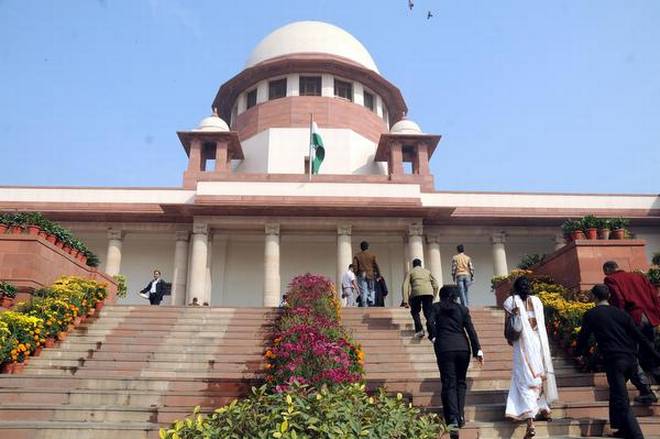
The Supreme Court on Wednesday held that no public spaces can be occupied indefinitely for protesting or expressing dissent. The judgment was passed on a batch of petitions seeking directions for removal of Shaheen Bagh protesters from a public road in New Delhi.
The bench comprising Justices SK Kaul and KM Joseph passed the verdict on the issue of balancing right to protest and right to free movement of the citizens of the country.
Hundreds of people had been sitting-in on a stretch of road in south Delhi’s Shaheen Bagh to protest against the contentious Citizenship (Amendment) Act, 2019, or CAA, for more than two months from 14 December to 24 March. This had led to roads being blocked and frequent traffic jams. Restrictions had been imposed on the Kalindi Kunj-Shaheen Bagh stretch and the Okhla underpass. The protest ended only after the nationwide lockdown was announced amidst covid-19 pandemic.
Holding the Shaheen agh protest as illegal, the apex court bench said, “ Administration must keep such(public) places free from obstructions." The bench added that blockade of a public road and creating inconvenience to other citizen is not permissible as per
laws.
laws.
The division seat additionally held that the organizations ought not trust that court's structure will eliminate such exhibit from Public spots. Adding that fights are permitted to be held however at assigned spots.
On 17 February, the top court had designated senior promoter Sanjay Hegde and supporter Sadna Ramchandran to converse with the protestors at Shaheen Bagh and persuade them to move the setting of their tumult where no open spot is obstructed.
The court had previously also observed that democracy worked on the basis of expression of views but there were boundaries to it. However, court had clarified that it is not saying that people do not have the right to protest even when the law is under challenge before this court but rather focusing on the places where protests are held.
Advocate and activist Amit Sahni had filed a plea in the SC against Shaheen Bagh protesters, claiming that the sit-in disrupted daily life in the area.
“No one can be permitted to occupy a public road for any reason whatsoever and that too for an indefinite period to make others suffer for this," the plea contended.
No Comments For This Post, Be first to write a Comment.
Most viewed from National
Most viewed from World
AIMIM News
Asaduddin Owaisi questions PM Modi's China policy
Jan 08, 2025
Owaisi slams UP over police post near Sambhal mosque
Dec 31, 2024
Owaisi hails SC order on Places of Worship Act
Dec 13, 2024
AAP Corporator Tahir Hussain joins AIMIM party
Dec 11, 2024
Latest Urdu News
Most Viewed
May 26, 2020
Which political party will win the Delhi Assembly polls to be held on Feb 5?
Latest Videos View All
Like Us
Home
About Us
Advertise With Us
All Polls
Epaper Archives
Privacy Policy
Contact Us
Download Etemaad App
© 2025 Etemaad Daily News, All Rights Reserved.

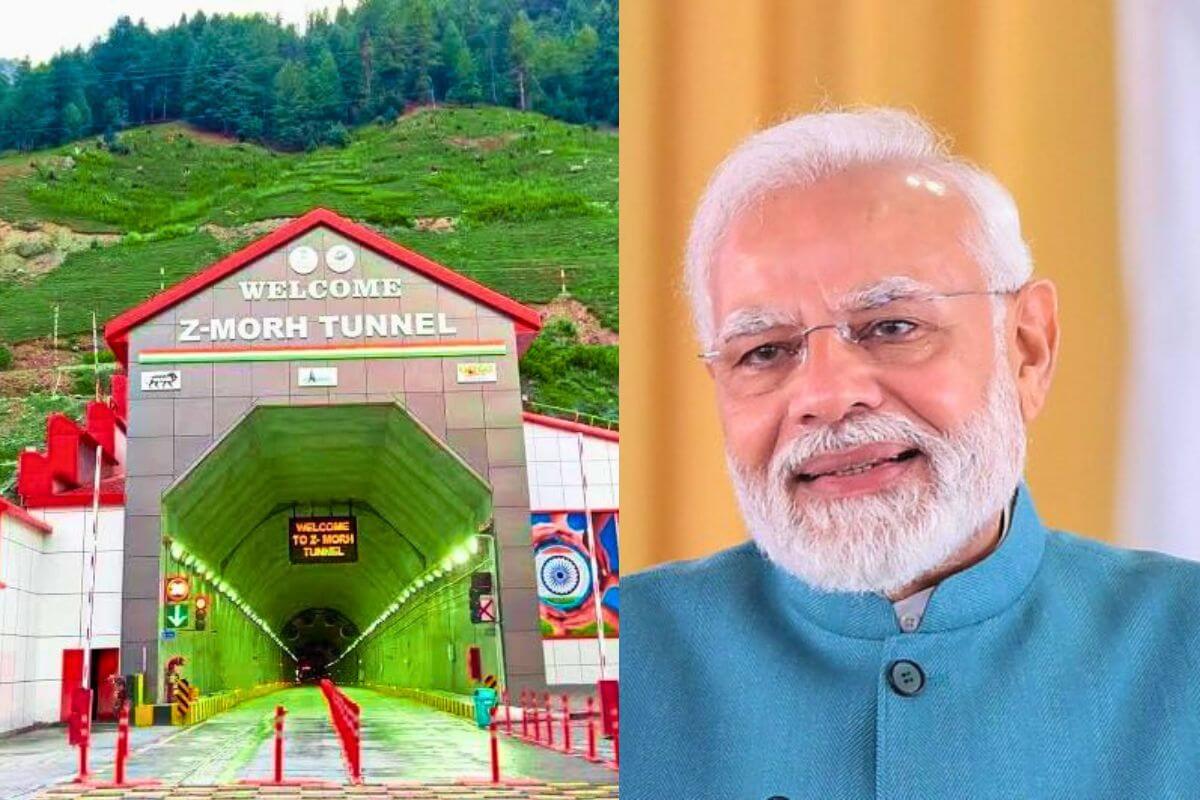
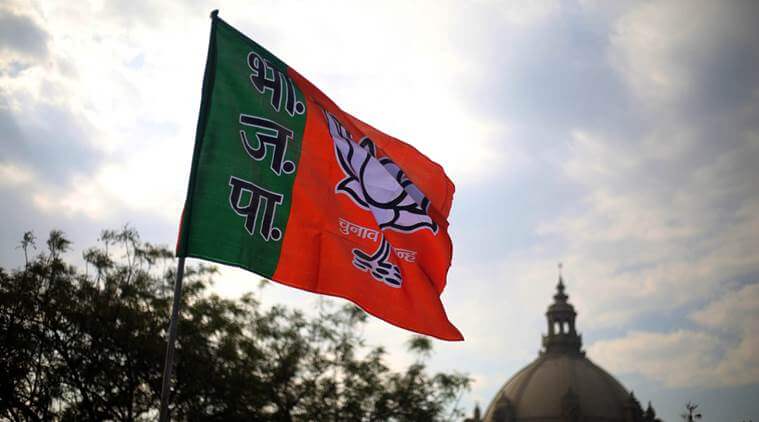
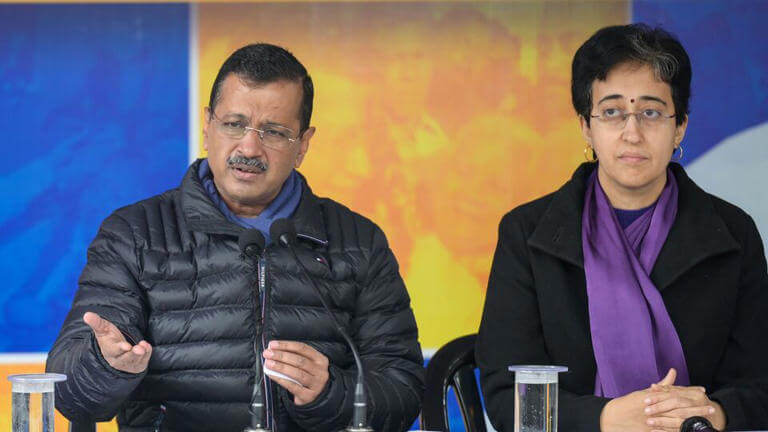
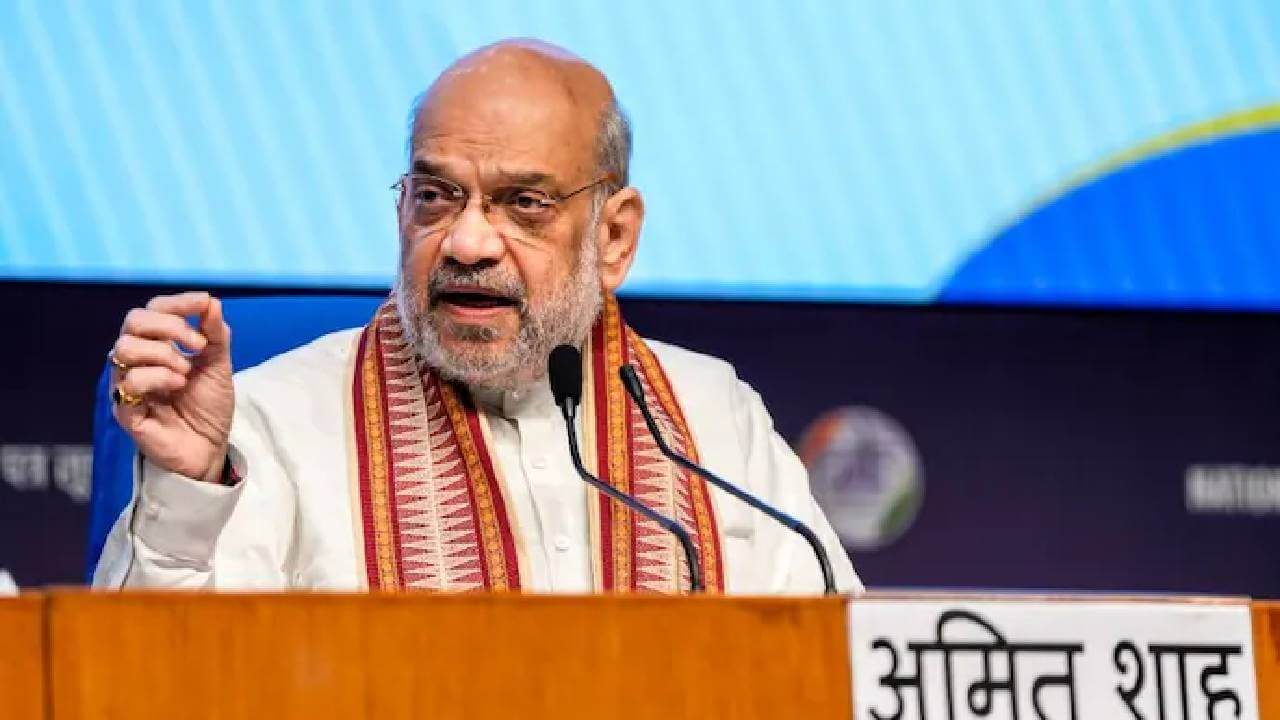
.jpg)
.jpg)
.jpg)
.jpg)
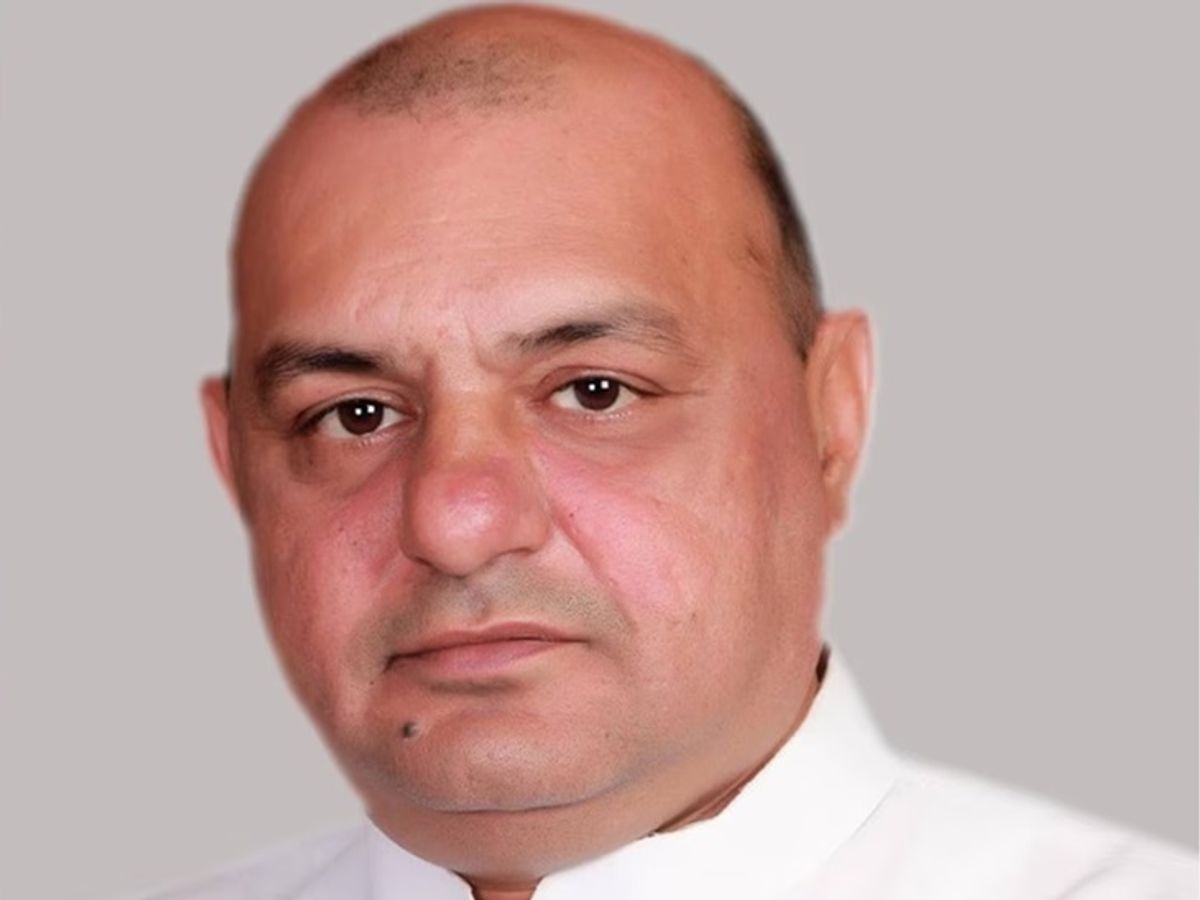
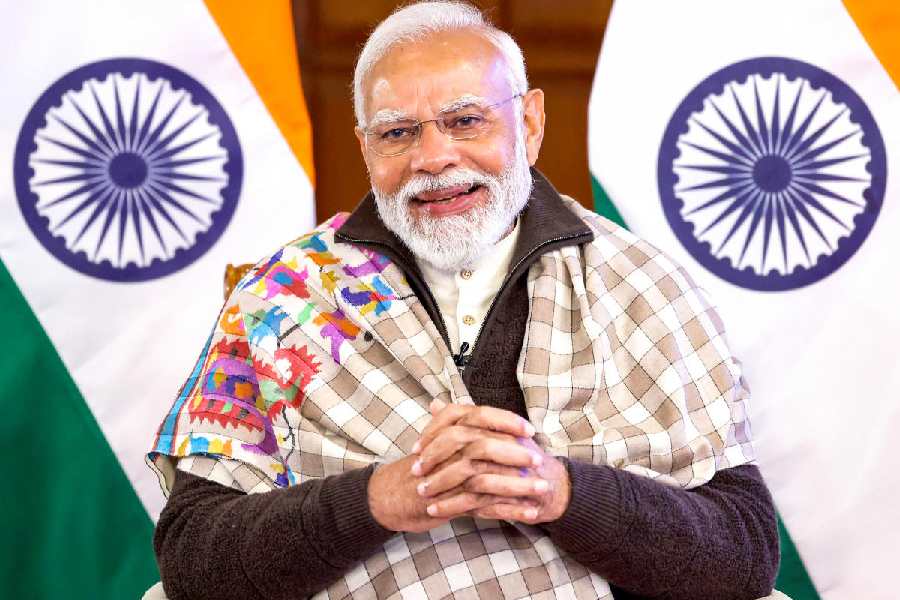
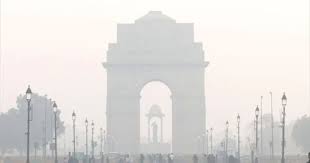
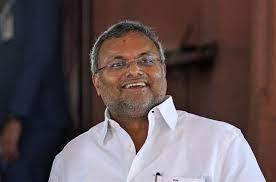

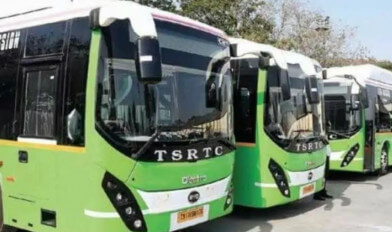


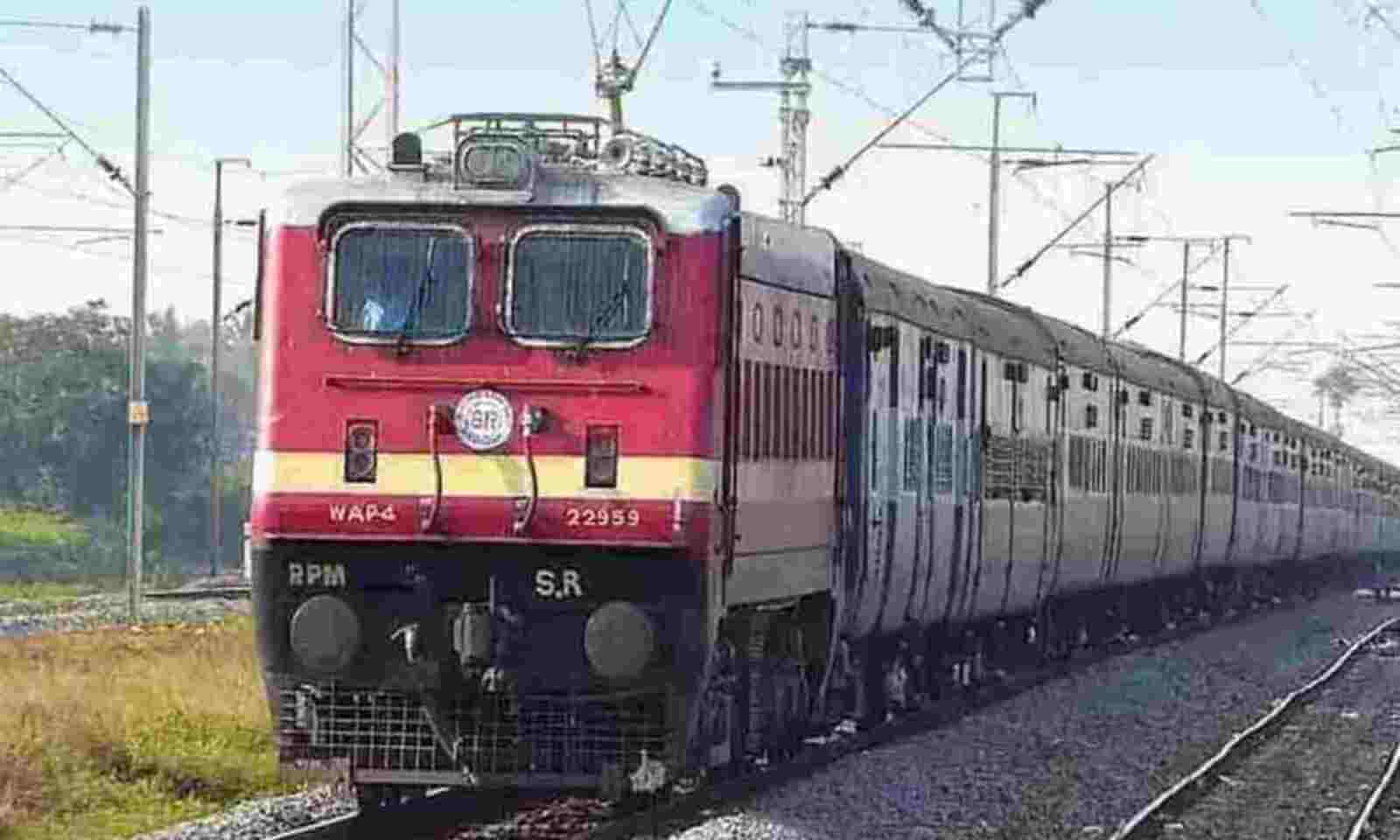
.jpg)
.jpg)
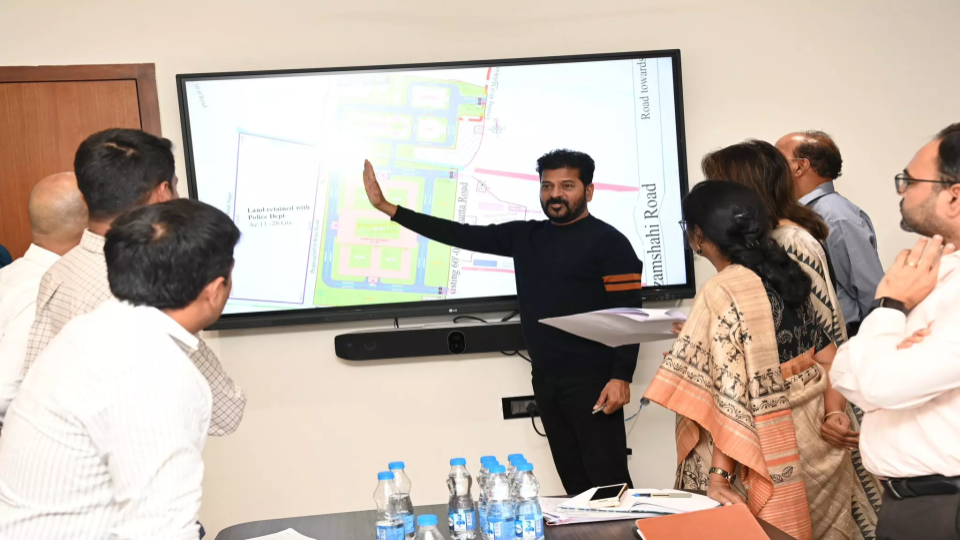
.jpg)
.jpg)
.jpg)
.jpg)




